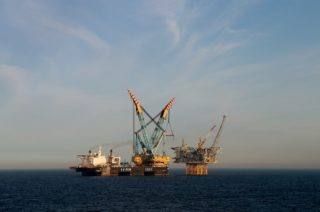-
Norway advocating ‘low carbon’ oil from Johan Sverdrup oilfield
Date posted:
-
-
-
Post Author
Patrick LaveryCombustion Industry News Editor
-
-
![]()
The Financial Times has reported on the beginning of oil production from the Johan Sverdrup field, in Norwegian waters in the North Sea. Production has already begun, but when the field is officially opened later this year, it will be done so in the presence of the King of Norway and the Prime Minister, a sign of its importance to the country, carrying a value of around US$102 billion (€91 billion), and holding an estimated 2.7 billion barrels of oil. However, with climate change action being increasingly important, the opening of the field is controversial. Silje Lundberg, head of the Norwegian Society for the Conservation of Nature, has said of the project that it “is a field that should never have been planned or opened. It is yet another field that prolongs the problem.” Norwegian officials have taken a different line, arguing that most projections are that oil will continue to be used in volume worldwide at least until 2050, and that therefore, the lowest carbon footprint supply is the best way to deliver it. Kjell-Borge Freiberg, Norway’s oil minister, has said that the average carbon dioxide emissions from production per barrel from Johan Sverdrup will be around 700 grams, in comparison to the global average of 18 kg (as electricity for extraction will come from renewable sources from the mainland). Critics have rightly countered that it is the use of oil, rather than its production, which accounts for the largest part of emissions (at around 430 kg of CO2 per barrel), and it is unlikely that carbon capture will apply to much of the Johan Sverdrup oil. Equinor, which is operating the field, is committed to meeting the goals of the Paris Agreement, and over the long term presumably will have to offset the emissions from the new field by tree planting, or ‘negative’ emissions from other parts of its business.

